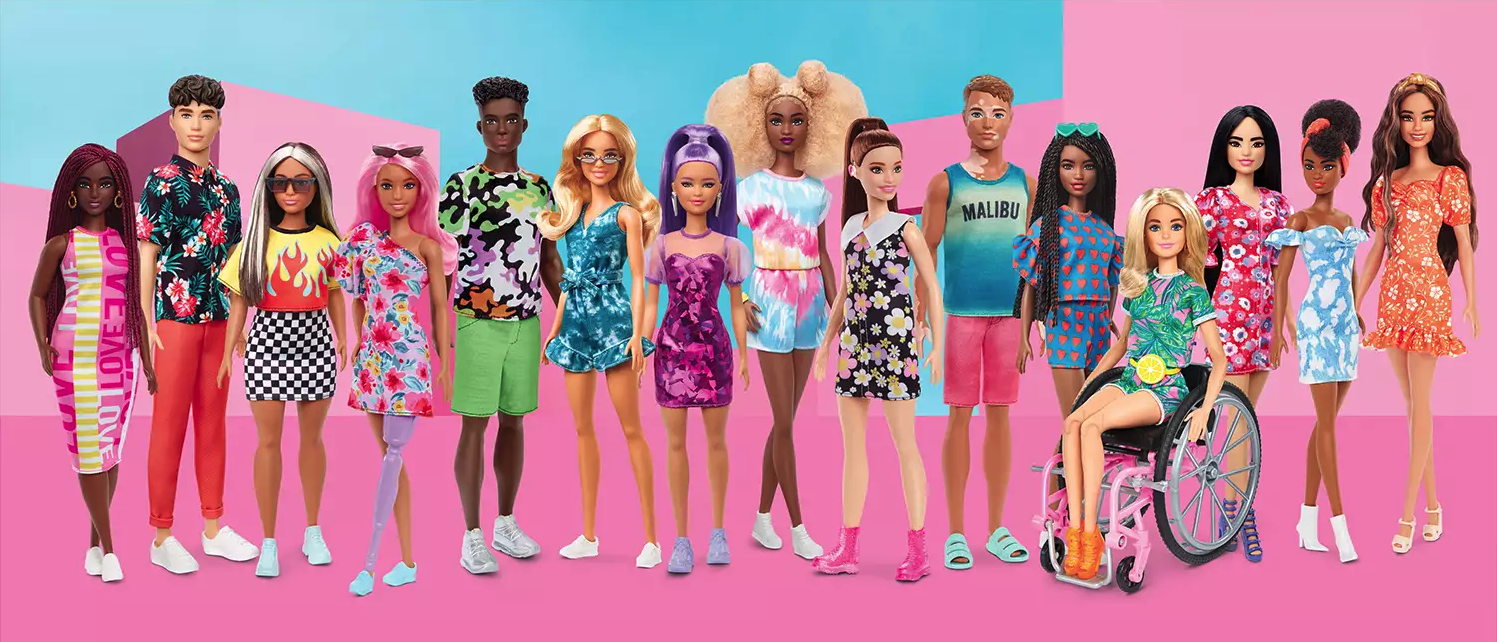
5 Things / Comms
How do you officially communicate to your internal and external stakeholders about topics like war, racism, anti-LGBTQ legislation, disability access, and more?

5 Things / 10 Things
This week marks four years of writing 5 Things (that’s 850+ stories!) – and just over a year of my podcast 5 Things in 15 Minutes.

5 Things / Getting It Wrong
This week my team and I made a few mistakes. Sometimes we get it wrong, and I appreciate the folks who took the time to help me get it right and hold me accountable. Keep it coming.
First, I received an email from a reader named Lucy regarding my use of the term “breast milk” and the headline with the word “moms” in the last newsletter. I know that not just moms give birth (because some trans and non-binary people do also, and may not use the word ‘mom’) and I knew another term for breast milk is expressed milk (and thanks to Lucy, ‘human milk’). Lucy also shared a resource on the topic of transgender fertility.

5 things/ Abundance
This week, one of the attendees at my keynote mentioned how creating seats at tables for others (who have been historically marginalized) can be challenging because of the fear that making room for others means giving up one’s own power – and power is scarce.

5 Things / Lessons From The Puppy
Obviously, this isn’t rocket science, and it applies in so many different contexts: with our children, with our partners, with our team. I know I like it when others relate to me in these ways. But like with so many other things, leading like this can be easier said than done.
